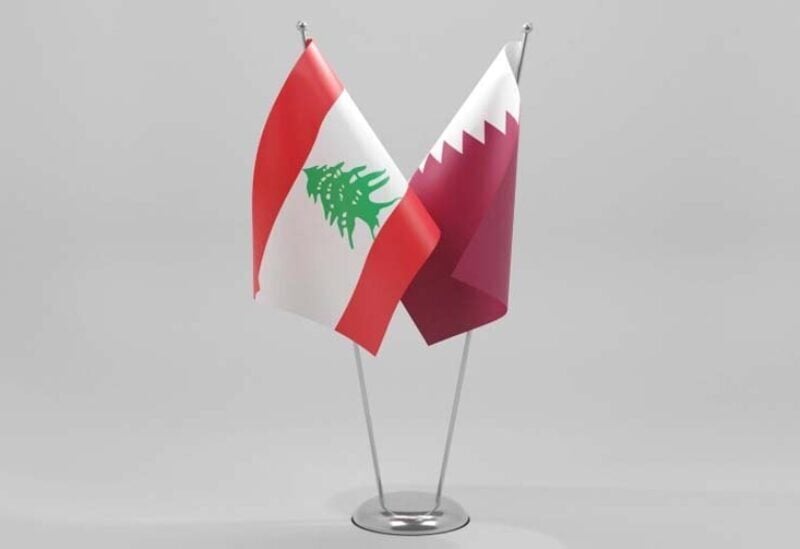
Qatar announces a $60 million donation to Lebanese army
At a time when there is a decline in the dialogue initiative of Parliament Speaker Nabih Berri against the backdrop of the return of debates between representatives of the “Strong Lebanon” bloc, led by the head of the movement, Gebran Bassil, and representatives of the “Development and Liberation” bloc, led by Representative Ali Hassan Khalil, the French envoy visits Jean-Yves Le Derian Beirut is on a pivotal visit, and it may be the last if the opposition positions continue as they are regarding calling for a dialogue before holding the presidential elections.
At this time, the Qatari role takes precedence over other local and international roles and initiatives, but away from the media and in a calm manner that may carry a breach in the long-standing presidential vacancy crisis. According to “Sawt Beirut International” information, a high-ranking Qatari official visited Beirut last week and eventually left as part of a search for exits, revealing that the Qatari envoy, Minister Muhammad Abdel Aziz Al-Khulaifi, is preparing to visit Lebanon later this month, without specifying a final date for this.
The sources expected that the Qatari envoy would conduct a wide range of meetings and communications with all the Lebanese parties without exception, and this is what he has done in his past visits. The sources stressed the distinguished relationship of the State of Qatar with all Lebanese parties, as it deals with everyone at the same distance, and it is making every effort to work towards finding ways out of the multiple current crises, most notably the vacancy crisis. The sources reveal that the State of Qatar is one of the most supportive of Lebanon and its people at all levels, and in this context, they indicate that the entry of “Qatar Energy” into the “consortium” is part of its contribution to helping Lebanon.
The sources confirm that the Qatari move towards Lebanon is being carried out first in coordination with the Saudi leadership, especially after the progress of relations between the latter and the Islamic Republic of Iran, which was evident through the visit of Minister Amir Abdullahian to the Kingdom and then to Beirut, especially since it came after the completion of the deal for American detainees with Iran, which was held in Doha, and led to the release of Iranian funds abroad, especially in South Korea.
But on the other hand, the sources indicate that there is no Qatari initiative in the sense of an initiative towards Lebanon, but the Qatari leadership is trying to help as much as possible, in order to facilitate understandings between the five-member group concerned with the Lebanese file and the internal parties, but what is certain is that there is no longer reliance on the possibility that there will be international guardianship over Lebanon, and that decisions will be taken on behalf of the Lebanese, according to what the sources say, which confirm that the political and international circumstances today are different from the circumstances that called for holding the Doha Conference in 2008, which came based on consensus from all internal political forces. Moreover, according to the sources, it is not necessary to achieve something similar to this conference, because the nature of interest in Lebanon has become different from the previous stage, but this does not mean that the State of Qatar will not continue to care for Lebanon and make efforts as it did when it hosted the Lebanese parties on its territory.
In response to a question, the sources considered that the approach of the representatives of the Sunni sect regarding the election of a president would be within the framework of consensus and understanding between the political forces, whatever the name.
While the sources confirmed that Qatar supports any name that has acceptable specifications and obtains internal consensus, it is fully prepared to support him regardless of who he is, but they do not deny the special relationship it has with the Army Commander, General Joseph Aoun, and its admiration for his leadership, ethics, and work.
But the sources return to stressing that Lebanon cannot have a president except within the consensual space between the Lebanese, and he is the one who could constitute the real gateway to the reorganization of state institutions through the formation of a rescue government that begins implementing the reforms required to save Lebanon, otherwise there is a real fear of continued collapse that may become unlimited.